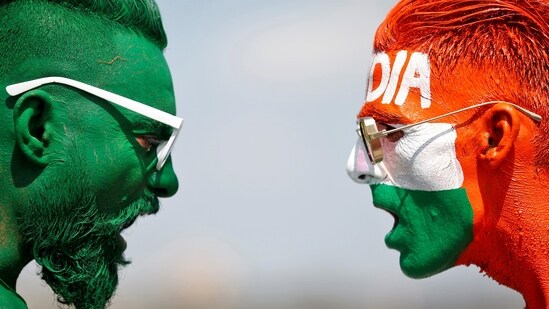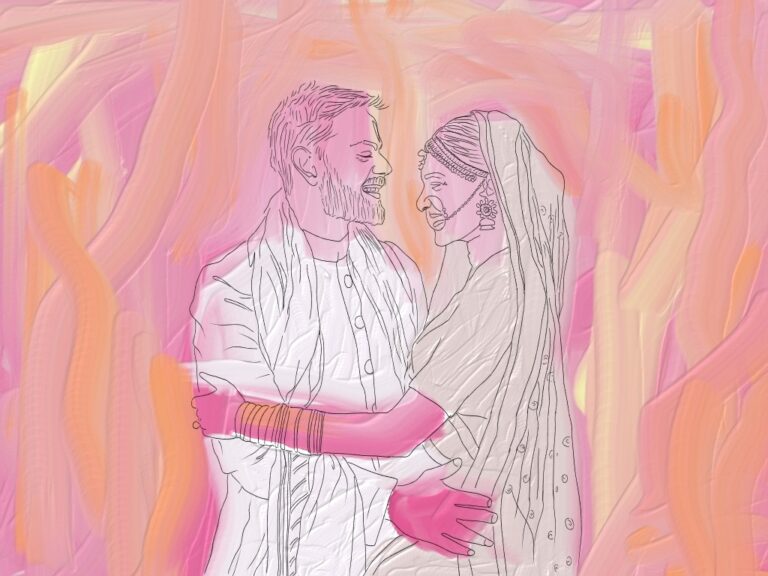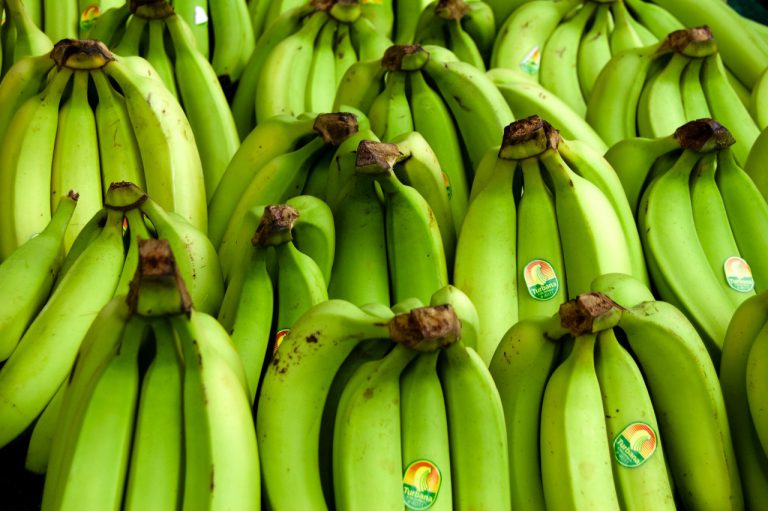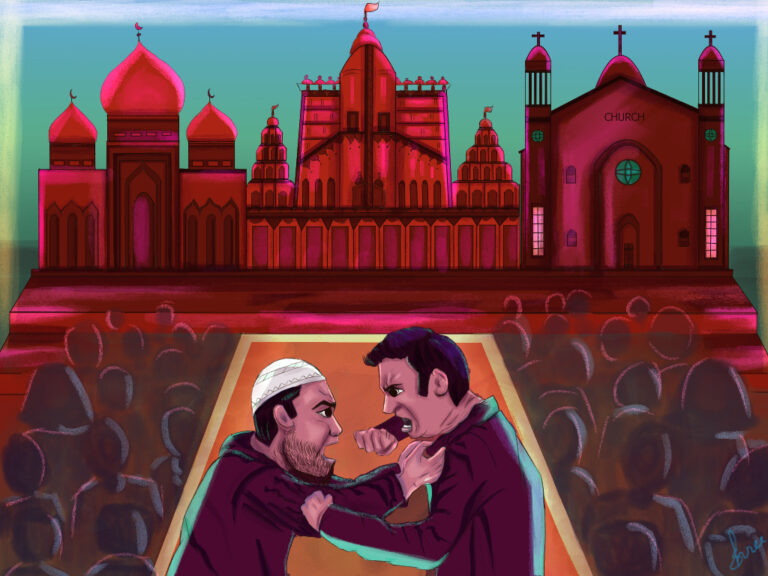Sports in politics and politics in sports – Time to separate!
Dr. Jayan Philip is a Contributing Writer at The ArmChair Journal. His career as an educator spans over three decades, encompassing roles both in India and abroad. His passion for knowledge dissemination extends beyond traditional teaching to include extensive experience as a quiz master. His two forthcoming books are The Indomitable Gandhi, The Indefatigable Gandhi and Quintessentially Quizzical. He believes that through an understanding of history, individuals can gain valuable insights into both the triumphs and tribulations of the past, thereby enhancing their ability to make informed decisions and cultivate critical thinking skills in the present day.
Sporting encounters around the world have many differences in their evolution or the specific trajectory it takes from time to time but the single commonality is the fact that any sport unites, and provokes nationalism not just in terms of ethnic bonds but patriotism across all sections of the societies within and beyond the borders of a modern nation-state.
A sport is not just about physical finesse or the techniques which one masters as an amateur or a professional, it is the commitment which he or she gives not just at the venue of the encounter but what goes behind the fight, twist, smash, drive and aim that matters. The flashes of brilliance which a sportsman or woman exhibit in the open or hide before the world sees the action form or become memories of a lifetime. Brazil has won the World Cup in football five times, and the Argentinians thrice. Australia holds the maximum number of World Cup titles in Cricket, while India has won the ICC World Cups (Men) thrice.
Across the world, empty stadiums are silent devoid of the noise and exhilaration but become a potpourri or an amalgamation of cultural, religious and linguistic combinations as streams of people flow and make their way to it to see the action unfold. The stadiums are full on the day of the contest but the wait continues and is over only with the blow of the first whistle. They await for history to be scripted. The ball kicks off, the bowler takes the stride, the batsman stares at the bowl, the shooter is about to press the trigger, the tennis, badminton and volleyball serve is airborne to the opponent, the rower dips the oar into the waters, the chessboard sees the first move only known to the two in front of it, the wrestler and the boxer begin the touch and the punch respectively!
Difficult to describe the start but the agony is almost impossible to digest and the ecstasy difficult to comprehend or imagine. It’s not over till it is over. This statement is true in life but more eloquent to briefly describe how tense sporting encounters are in reality.
It’s over in a matter of seconds as the communication between the official scorekeeper sitting on his desk and the referee standing amid the vast green ground in front of thousands inside and millions outside glued to the TV in their homes or mobiles watching the best among the best competing to be crowned as the best, the strongest, the fastest. The final scoreline decides or seals the fate of the ones in the ground but not the minds or eyes which watched the action unfold in front of them. A specific Sport which is an art and a craft to some is a passion to many. After all the Olympic motto is, Citius, Altius, Fortius. (Faster, Higher, Stronger)
In the boardrooms of political governance, the social, political and economic issues which the elected governments grapple with will be put to the test in the elections which follow after the respective tenures of governments formed by ruling parties expire or end constitutionally. Four years in the case of the USA, five in the case of India, England and most democracies. Sports, unfortunately, bears the brunt of the axe when it comes to political decisions which sometimes are knee-jerk reactions or the ones taken due to unending bilateral conflicts which elude a lasting and peaceful decision. The tit-for-tat diplomatic decisions as a result of executive orders from the respective Head of State to either boycott or call off participation in countries which are ideologically different or due to decades-old unresolved conflicts do leave a scar difficult to heal or forget.
The Olympics, which form an integral part of modern civilization and is perhaps the only event where the world actually comes together to celebrate and demonstrate diversity and sporting prowess, has not escaped the radar of boycotts nor the cold war rivalry as it happened for Moscow (1980) and Los Angeles (1984). As a schoolboy of the eighties, I remember the Moscow Olympics, the nostalgia still reverberates. It was the last time that India won a gold medal in Men’s hockey. The Los Angeles Olympics was bitter for every Indian. P T Usha lost the bronze medal by 1/100th of a second in the 400 m hurdles on 8th August 1984 (Olympics.com).
We, senior school students of 1984 in Trivandrum city, (Thiruvananthapuram today) recall that incident and the newspaper headlines the next day, All is not lost, Usha! As the Payyoli Express (PT Usha’s nickname ) lost the race, India heaped praise on Usha for her grit and honour.
The United States refused to go to Moscow in 1980 stating that the Soviet’s decision to occupy Afghanistan was contrary to the international laws of freedom, sovereignty and justice. The Soviets reciprocated on similar lines after four years for the Los Angeles Olympics and the bitterness or diplomatic retaliation was evident from this official Soviet communication.
It is known from the very first days of preparations for the present Olympics the American administration has sought to set course at using the Games for its political aims. Chauvinistic sentiments and anti-Soviet hysteria are being whipped up in this country. (History.com)
The worst to happen was in the Munich Olympics of 1972 which unfortunately saw the murder of two members of the Israeli contingent and nine others taken hostage by Black September, a terrorist outfit. The controversy never settled after the tragedy in Munich, it again erupted in 1976 with 28 African/Arab nations boycotting the Montreal Olympics for New Zealand’s Rugby team’s participation in South Africa which had been practising Apartheid. The IOC refused to debar New Zealand from the Montreal Olympics which again brought to focus the sharp divide which had prevailed between the Western world and Afro- Asian countries.
The issue of political interference has received the Cricket world’s attention recently because of the stalemate which continues till now as to whether India will go to Pakistan for the Asia Cup or will Pakistan come to India for the ODI World Cup in October this year. Millions across the border which was not in existence prior to 1947, long to see the flight of fours and sixes and the fall of wickets between the 22 yards. The ‘Men in Green and Blue’ are household names and carry the expectations of every citizen on both sides of the Radcliffe line. India and Pakistan have gone through bilateral trust deficits and misunderstandings and the governments of the past and present have not been able to resolve the differences which started with the partition and have not ended nor subsided to the present day.
In the absence of a completely professional approach and apolitical stance which need to emanate from the governments in power, the final separation or demarcation of sports from politics will not be achievable nor see the light of the day. The political establishments across the globe, have to withhold or preserve the neutrality required for a fair transparent sporting excellence to prevail and prosper which would unite rather than divide the societies which form part of the global social fabric of today and the years to come. Let’s unite for the best of Sporting Action for a united world. Sports and Politics seem inseparable but a clear-cut distinction has to be made for a progressive world order in the greater interests of humanity.
References
- Augustyan, A. (2010, July 28). Moscow 1980 Olympic Games. Encyclopædia Britannica. https://www.britannica.com/event/Moscow-1980-Olympic-Games
- Author, A. Akinbode (2021, August 12). Why Nigeria, 27 African countries boycotted the 1976 Montréal Olympic Games. HistoryVille. https://www.thehistoryville.com/1976-montreal-olympic-games/
- PT Usha reveals reason for missing out on bronze at 1984 Los angeles olympics: Other sports news. NDTVSports.com. (2018, August 16). https://sports.ndtv.com/othersports/pt-usha-reveals-reason-for-missing-out-on-bronze-at-1984-los-angeles-olympics-1901320
- Moscow 1980: Forty years on – Olympic News. (2020, July 19). Olympics.com. Retrieved July 12, 2023 from https://olympics.com/en/news/moscow-1980-forty-years-on
Featured Image Credits: Hindustan Times








